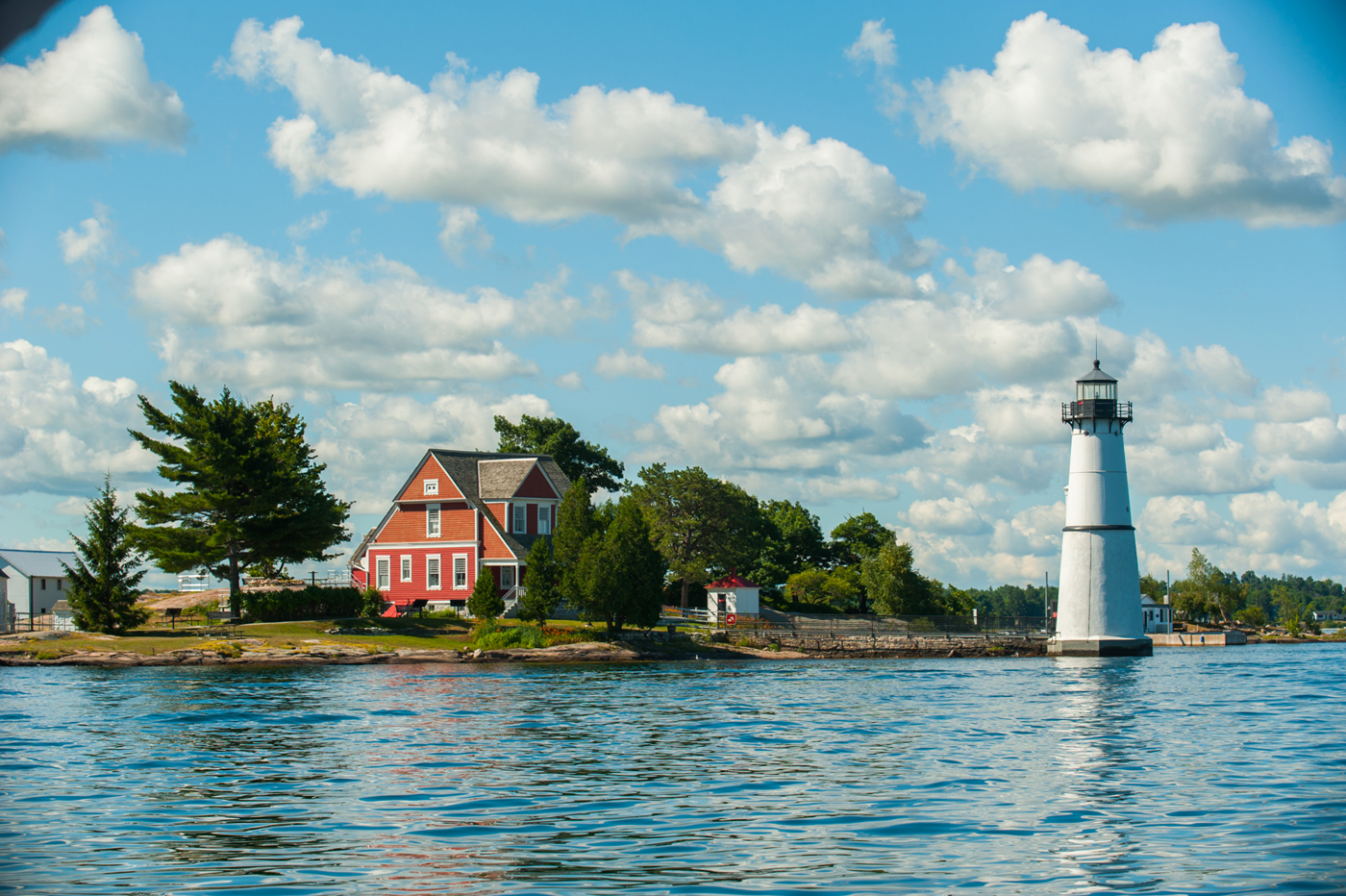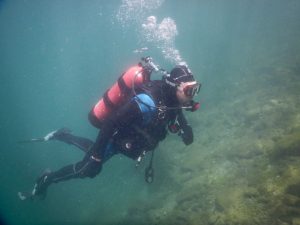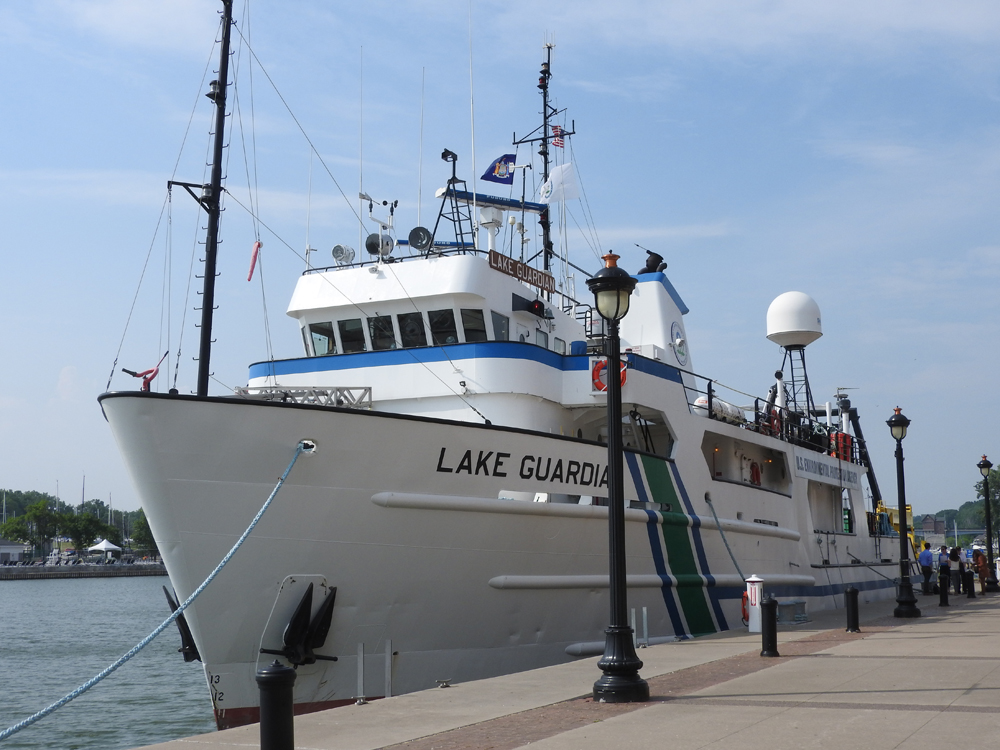Rochester SCUBA Club explores for new members

John T. Rogers is well acquainted with water. The Spencerport resident is an avid SCUBA diver and a member of RECDIVERS, a Rochester-based recreational SCUBA club which is celebrating its 40th anniversary this year.
Rogers says his fascination with water results from living in Nova Scotia for 17 years before going to university.
“When you live in a province that is 95 percent surrounded by the Atlantic Ocean, you not only learn how to swim at an early age, but also get an appreciation of the ocean,” he says.
That proximity to, and appreciation for the ocean led John to become curious about what lay beneath the waves, and he decided to learn how to dive – SCUBA dive.
RECDIVERS meets the second Wednesday of each month at Bill Gray’s restaurant in Penfield and provides members with scuba diving opportunities and friendship.
“You don’t have to be a diver to become a member,” Rogers says. “An interest in diving, the water, and a desire to learn are the prime requirements of membership.”
RECDIVERS takes SCUBA diving trips, has taken part in historical underwater searches and artifact preservation, engages in community outreach events and promotion, and offers dive training and safety instruction.
Rogers recommends joining a SCUBA club for anyone interested in learning how to dive.
“There are several advantages,” he explains. “First, you are associating with people who dive. They pass on a knowledge of both the pros and cons of the hobby. Secondly, this hobby is not cheap. Accordingly, members are always buying new equipment and selling used equipment much, much cheaper than you can purchase new equipment. The club also gives locations of places to dive and what you can expect when you dive there. We schedule several club dives (on weekends) throughout the summer. Lastly, diving is a social sport. Remember, you need a dive partner, the club can provide potential partners.”
SCUBA diving has many sub-categories, Rogers notes. There is wreck diving, fish identification, cave diving, environmental reporting and clean-up to name a few.
“Personally, I just enjoy the water, and the fact you are immersed in an environment which covers 71 percent of the earth and is much less explored than the moon, is exciting. Plus, I continue to learn something on every dive I take,” Rogers explains.
He says diving has many benefits including exercise. The sport also provides a great social environment. “Remember, you dive with a partner and you are responsible to make certain he or she comes back from the dive, and he or she is responsible for you. You get to see different locations not only in the United States, but world-wide.”
If you are interested in learning more about SCUBA diving, Rogers says the first step is an introduction to SCUBA course.

“This costs about $100,” he says. “For this money, a local dive shop will give you classroom training and then provide you with equipment and take you to a local pool. There you will be underwater in SCUBA gear.”
Some people have health-related issues which keep them from diving, Rogers points out. The most common is ear problems which prevent them from equalizing the pressure as they descend.
“Others cannot get used to breathing through a regulator,” he explains. “These and several other issues can prevent you from diving.” Such issues can be discovered through the process of taking an introductory course, Rogers says.
“If everything is a go after the course, you sign up for an open water SCUBA course,” he says. Completion of the course results in certification and the ability to dive with clubs and dive resorts worldwide.
There are numerous learning opportunities for SCUBA divers once they are certified, Rogers says. Those include Diver Level 2, autonomous diver; Diver Level 3, diver leader; and training programs on enriched air nitrox diving. Additionally, there is a long list of specialities which include AWARE – fish identification; deep diver; digital underwater photographer; dry suit diver; equipment specialist; ice diver; night diver; search and recovery diver; underwater naturalist; underwater videographer and wreck diver.
Living in Spencerport provides numerous opportunities for diving, Rogers adds. “You can dive the Finger Lakes, the Great Lakes, or drive six hours to the east coast and dive in the Atlantic Ocean.”





